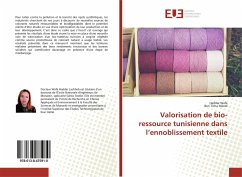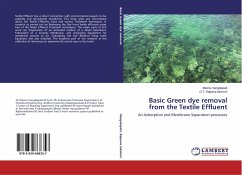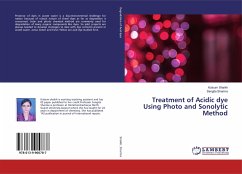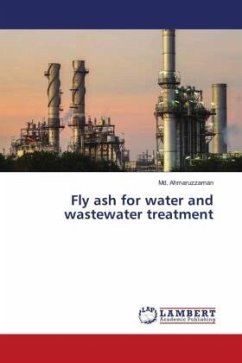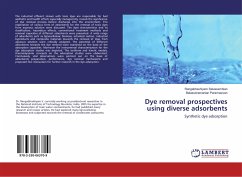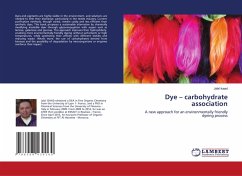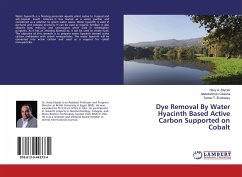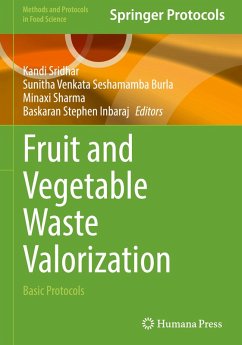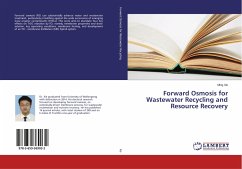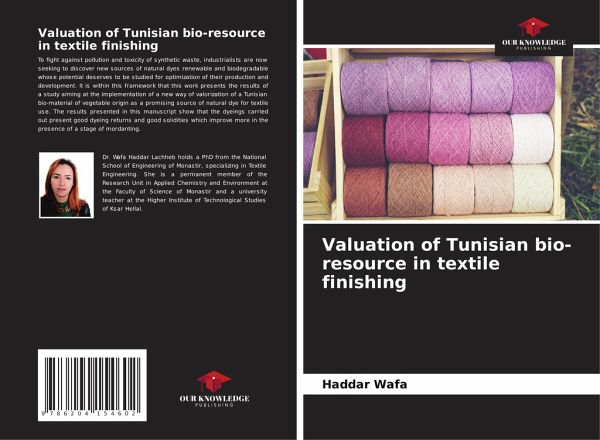
Valuation of Tunisian bio-resource in textile finishing
Versandkostenfrei!
Versandfertig in 6-10 Tagen
27,99 €
inkl. MwSt.

PAYBACK Punkte
14 °P sammeln!
To fight against pollution and toxicity of synthetic waste, industrialists are now seeking to discover new sources of natural dyes renewable and biodegradable whose potential deserves to be studied for optimization of their production and development. It is within this framework that this work presents the results of a study aiming at the implementation of a new way of valorization of a Tunisian bio-material of vegetable origin as a promising source of natural dye for textile use. The results presented in this manuscript show that the dyeings carried out present good dyeing returns and good so...
To fight against pollution and toxicity of synthetic waste, industrialists are now seeking to discover new sources of natural dyes renewable and biodegradable whose potential deserves to be studied for optimization of their production and development. It is within this framework that this work presents the results of a study aiming at the implementation of a new way of valorization of a Tunisian bio-material of vegetable origin as a promising source of natural dye for textile use. The results presented in this manuscript show that the dyeings carried out present good dyeing returns and good solidities which improve more in the presence of a stage of mordanting.





